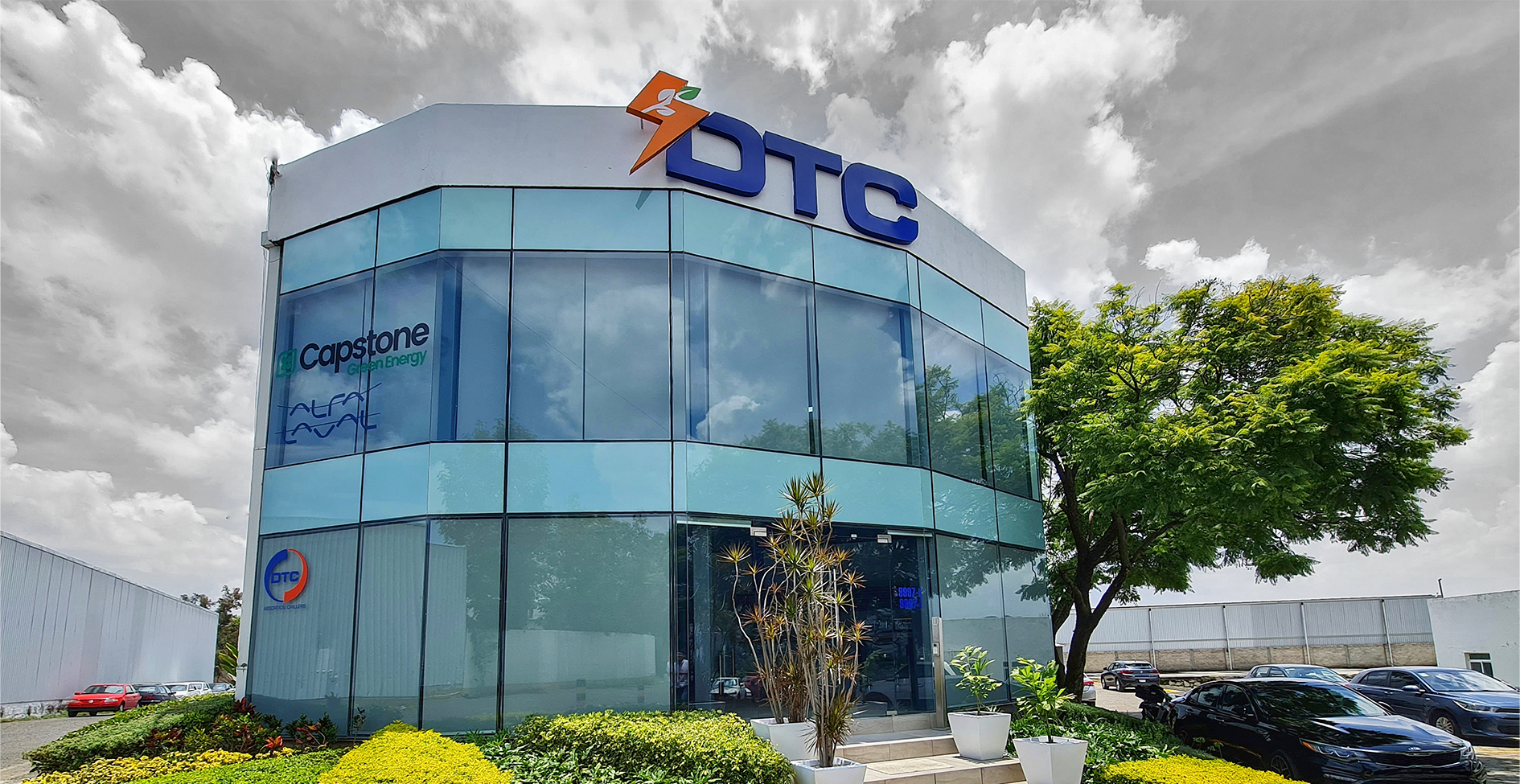Cogeneration System; Efficiency and Sustainability in Action
In the constant pursuit of efficient energy solutions, the"energy cogeneration system"emerges as a fundamental pillar in resource optimization and the reduction of costs associated with electrical and thermal energy. In this specialized analysis, we will explore the key principles and features of this revolutionary system that redefines energy management across various industries.
Key Principles of the Energy Cogeneration System
The energy cogeneration system stands out for its ability to simultaneously generate electricity and heat from a single energy source. Unlike conventional approaches, this system embraces efficient integration, maximizing each unit of consumed energy and offering a holistic solution for the energy needs of businesses.
Highlighted Features of the Energy Cogeneration System: In-Depth Exploration
- Unparalleled Energy Efficiency: Efficiency is the cornerstone of the energy cogeneration system. By generating electricity and heat in parallel, it avoids losses inherent in traditional generation methods, resulting in unparalleled energy efficiency. This efficiency directly translates into a significant reduction in operational costs, positioning cogeneration as an economical and sustainable strategy.
- Total Resource Optimization: The energy cogeneration system's ability to optimize resources is one of its standout features. Simultaneous generation of electricity and heat minimizes energy losses and maximizes the utilization of each unit of energy. This comprehensive approach not only reduces dependence on external sources but also directly contributes to sustainability and the reduction of the environmental footprint.
- Adaptability to Various Applications: The versatility of the energy cogeneration system makes it an adaptable solution for various industrial applications. From environments demanding high levels of electricity and heat to smaller installations, this system can adjust to the specific needs of each company. Its ability to operate with different energy sources further expands its applicability, offering a scalable and customizable solution.
Key Elements in a Energy Cogeneration System: Components for Energy Success
A efficient energy cogeneration system carefully integrates several components, each playing a fundamental role in the simultaneous generation of electricity and heat. These key elements form the essential structure to achieve energy success:
- Electric Generator:The electric generator is the core of the system, transforming the mechanical energy generated during the process into usable electricity. Its efficiency and capacity largely determine the overall performance of theenergy cogeneration system.
- Internal Combustion Engine: This component converts the thermal energy generated by fuel combustion into mechanical energy. Choosing an efficient engine adaptable to various fuel sources is crucial to optimizing system operation.
- Heat Recoverer: The heat recoverer captures and harnesses the residual thermal energy produced during electricity generation. This heat is used for additional thermal applications, such as heating or industrial processes, enhancing the overall system efficiency.
- Control and Monitoring System: The efficiency of a energy cogeneration system depends significantly on a sophisticated control system. This component continuously monitors and adjusts operations to ensure optimal performance, maximizing efficiency and minimizing losses.
- Integration with the Electrical Grid: The ability to integrate with the electrical grid is essential to ensure stability and continuity of supply. Proper interconnection allows sharing generated electricity with the grid when needed, optimizing resource utilization.
- Energy Storage System: In some cases, implementing energy storage systems, such as batteries, can be beneficial to manage electricity production and consumption more efficiently, especially in variable demand situations.
- Specific Cogeneration Configuration: Adapting the system to the specific needs of the industry or environment is essential. The choice of configurations, whether topping, bottoming, or mixed, depends on the particular requirements of the application.
The synergistic interaction of these components is what distinguishes an efficient energy cogeneration system. Understanding and optimizing each element contributes to creating a robust and sustainable system capable of intelligently and effectively meeting energy demands.
Transform Your Energy Efficiency
The energy cogeneration system stands as an essential pillar in intelligent energy resource management. If your company is committed to efficiency and sustainability, now is the time to consider the implementation of this revolutionary system.
Contact us to explore how the energy cogeneration system can transform your energy approach and optimize your operations. Discover a path towards efficiency and sustainability with this innovative and cost-effective technology.

